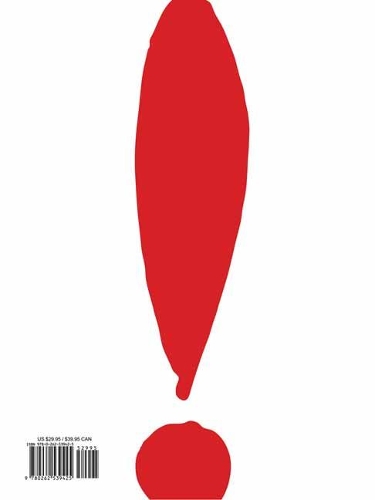
Perspecta 53
(Paperback)
Publishing Details
Perspecta 53
By (Author) Caroline Acheatel
MIT Press Ltd
MIT Press
5th January 2021
United States
Classifications
General
Non Fiction
720
Physical Properties
Paperback
320
Width 229mm, Height 305mm
Description
Essays and projects examine the ethical questions and moral tensions that arise during the ideation, development, completion, and aftermath of the architectural design process. Essays and projects examine the ethical questions and moral tensions that arise during the ideation, development, completion, and aftermath of the architectural design process.In architecture, ethics are malleable. In theory, the terms are rigid, yet the reality is elastic. While much of the built environment is ostensibly designed for an individual client's needs, architecture's effects reverberate politically, environmentally, and culturally, often in unexpected ways and far beyond the limits of any parcel or project. This volume of Perspecta-the oldest and most distinguished student-edited architectural journal in the United States-considers the ethical questions and moral tensions that arise during the ideation, development, completion, and aftermath of the design process. Architecture operates on a temporal scale largely disconnected from social shifts. Although often bound up in power networks and funded by those who are most powerful, architecture has implicit obligations to those most vulnerable. Architecture's language, by making abstract concepts concrete, can reinforce or disrupt political, environmental, and social structures. Contributors from a range of geographies and practices offer insights, provocations, and questions about the dilemmas that architects encounter at every stage of designing the built environment- Whose architectural ideas get to become reality What ethical role does form-making play in design What moral burden must architects shoulder in the sheer act of building, and what is the future cost of today's refusal Through arguments, essays, and projects that examine the issue at a range of scales-from the intimacy of a single material to the reach of global typology-Perspecta 53 explores the complex dynamics of architectural onus, and how designers can navigate conflicting agendas to pose new possibilities.
Author Bio
Caroline Acheatel is a graduate of the Yale School of Architecture. Paul J. Lorenz is a graduate of the Yale School of Architecture. Paul Rasmussen is a graduate of the Yale School of Architecture. Alexander Stagge is a graduate of the Yale School of Architecture.
